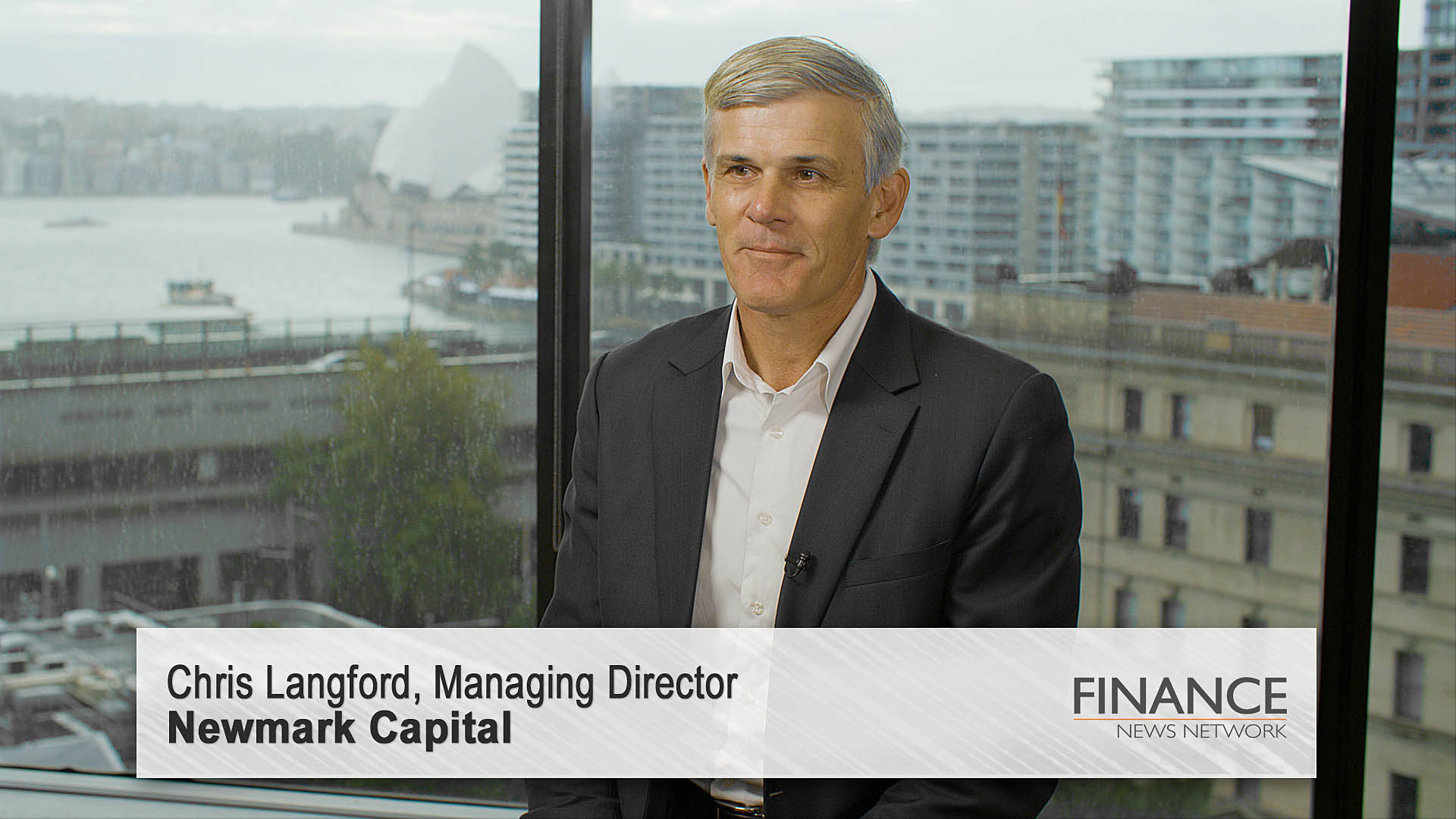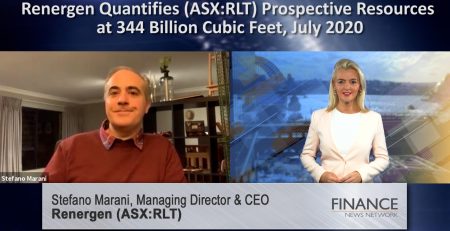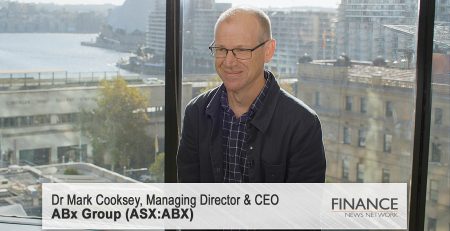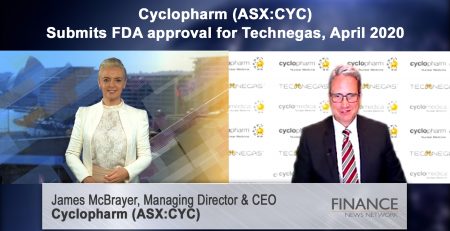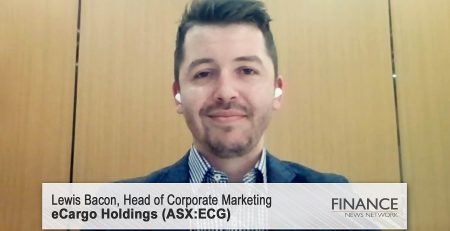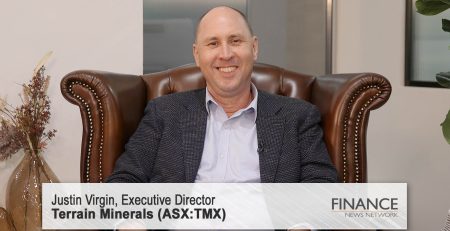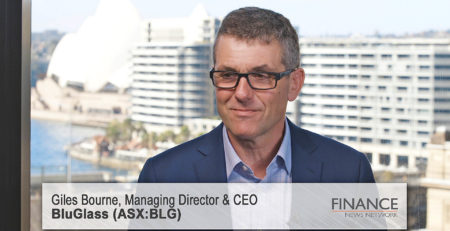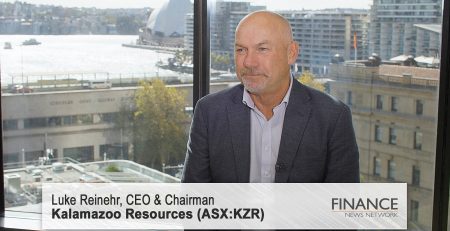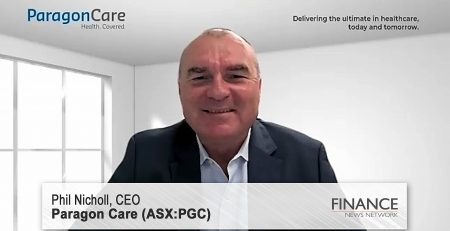Investing in Bunnings and large-format retail property
Newmark Capital Managing Director Chris Langford discusses the group's portfolio, investment philosophy, results, strategy, the recent share buyback, and the outlook for the REIT sector.
Tim McGowen: We're talking with Newmark Capital today. It's a property funds management group which places a strong emphasis on real estate fundamentals. Newmark Capital was established in 2011 and has grown its assets under management to over $1.5bn. Newmark provides investors with access and exposure to high-quality real estate investments, including both listed property funds, A-REITs, that is, and unlisted property funds. We're talking today about the ASX listed REIT. The code is NPR. It's got a market cap of around $233m. We welcome Chris Langford, who is the Managing Director. Chris, thanks for your time.
Chris Langford: Thank you, Tim. Good morning.
Tim McGowen: Chris, can you talk to Newmark Capital? It's a funds management group. You run NPR, which is a property trust. Can you give us an overview of the funds management business as well as the REIT?
Chris Langford: Newmark Capital was started by myself and Simon Morris back in 2011, and we've been growing steadily with a number of unlisted single-asset funds. And in 2013, 14, we started engaging with Bunnings and established an unlisted fund that owned a couple of Bunnings to begin with. We then acquired a third and a fourth, and then we recently IPO'd that in 2021, which is now the Newmark Property REIT (ASX:NPR). But the business, the platform has five other unlisted property trusts. We've got $1.5bn, $1.6bn of assets under management. We've got a couple of very iconic properties in Melbourne, in particular in South Yarra, the Jam Factory, the Como Centre. And in Bourke Street Mall, we bought the old David Jones menswear building. So, we've got, you know, a number of initiatives which are value add and very, very iconic properties, which will grow the platform over the next few years. So, there's very strong growth there. And we've got a very retail-skewed register with a lot of high net worth and private investors that have come along the journey with us over that sort of 11-, 12-year history. And in 2021, we IPO'd that hardware trust for the REIT, which is now Newmark Property REIT, and that has performed pretty strongly its first 12 months, having met all of its objectives in the PDS.
Tim McGowen: And what's your investment thesis to kind of be in hardware and large-format retail?
Chris Langford: We love really good land holdings to begin with, and all of our properties are in major economies, they're on key arterial roads, large land holdings with good zonings. So, they've all got other uses. And then, when you have really good buildings, really good tenants, and some of our properties are some of Bunnings' best in the country. So, we look for all of those ingredients and that's the thesis is, to get really good assets, really good long-term investments that you know that, well beyond the term of the lease, that this is going to be great real estate. And, meanwhile, you're getting a really strong income return and have the privilege of owning that great site.
Tim McGowen: And you've had your recent results out that were in line with expectations. Can you talk to those and kind of also mention the development with the new Bunnings you've got in Preston?
Chris Langford: Yeah. Tim, the IPO of NPR was in December 2021. So, we've now just seen that 12-month anniversary since the IPO. All of the key objectives we outlined in the PDS have been achieved. We are building a Bunnings, or we're about to acquire from Bunnings the completion of a property in Preston, in Bell Street, Preston, which is in the northern suburbs of Melbourne. That is a two-level store. It'll be one of their best in Victoria. And that has been delayed a little bit by COVID supply-chain issues and some delays there, but that's now scheduled. It's made really good progress the last few months. That will be done by mid this year. So, you know, we're very pleased that we've been able to hit all of the PDS objectives, including 8.9 to 9.1 cents guidance. The first half, we had 5 cents per unit, and that's been achieved, and very strong results.
Tim McGowen: And in regards to your gearing, I think you've stated previously your target gearing's kind of 30 to 40 per cent. It's currently around 34 per cent. This new development in Preston will kind of take it above that, up to around 42 per cent. How do you intend to bring it down into the targeted range?
Chris Langford: Well, we've said a few times where we're going to divest and/or manage the portfolio accordingly to stay within that range. Given that delay I just referred to, we didn't want to create an income gap in the REIT. You know, we needed to make sure that we've got that income there to take us through closer to that Bunnings completion date. So, we're working on a couple of transactions. We've had a couple of approaches on some of the assets. Pleasingly, the book values for all of the properties all held up for the December half, and, you know, the balance sheet is very strong. The quality of the assets is not under threat. The valuation, I should say, of those assets. And so, we are looking to divest a couple of properties, or one or two of the properties. That will bring gearing down and will allow us to proactively manage the balance sheet.
Tim McGowen: And, Chris, you've executed by way of capital management a buyback of the REIT shares. Can you tell us how that's progressing?
Chris Langford: Yes, Tim. Well, given there's been a bit of a discount to NTA… The NTA's $1.96, and, as I said, property values have held up very, very strongly and we've been trading at a discount to that. So, in August last year, the board decided to do it. We announced that buyback commencing. And we're about 35 per cent of the way there. To date, we've acquired about 1.9 million securities, and it's progressing pretty well, but we have pretty small volumes at the moment and we are limiting our buyback to about 30 per cent on a daily basis. We're in the market every day. It's obviously very accretive to investors that we continue that buyback, but it's been slow and steady with limited volumes.
Tim McGowen: And you've also acquired a large-format retail in Queensland. That's the Officeworks property that was destroyed by a fire. What progress has been made in terms of its reconstruction and when is that likely to be completed?
Chris Langford: Yeah, Tim, that property is in Underwood. It's a really good land holding. It's on the corner of Compton and Kingston Roads, next to a brand-new Bunnings there. It's a really strong local economy there. There are four buildings on site. One of them was affected by fire. That's the Officeworks building. The other three are all obviously still standing up and trading really well. There's a really good mix of large-format retailers in that property, including Sydney Tools, Drummond Golf, Supercheap Auto just moved in there, and Discount Chemist. A really, really good sort of blend of leading retailers as well as PETstock. So, the Officeworks slab is down. The wall panels are going up. It's making good progress. It's on track for completion, reinstatement, by the end of the year. So, we've got a structured transaction there where we own the land and have made most of the acquisition price, have settled that with a $10m payment withheld pending completion of that Officeworks building reinstatement, and we'll then have a brand-new Officeworks building, which would be great.
Tim McGowen: And, of course, it's a very challenging macro environment. It seems to be getting more challenging day by day, particularly with some of the… you know, the banking, sort of lack of confidence in the banking sector offshore. We've got rising interest rates here in Australia and globally. How's that affecting the commercial property market, and what's your kind of outlook there?
Chris Langford: I think volatility obviously hasn't been anyone's friend lately, and it's definitely impacted the REIT sector. But, you know, we look at NPR in particular and the REIT sector generally should be the counterbalance in times of volatility. Now, we haven't seen that counterbalance, but we do see the performance of the underlying businesses and the assets has been really stable. And, whilst, you know, the NTA has held up at $1.96 and we've seen trading volumes and pricing coming down, you know, we are still very firm believers in the quality of the assets and how they will provide that stability and security in the face of volatility.
Tim McGowen: Chris Langford, thanks for your time.
Chris Langford: Thank you, Tim.
Ends
Copyright 2023 – Finance News Network
Source: Finance News Network

